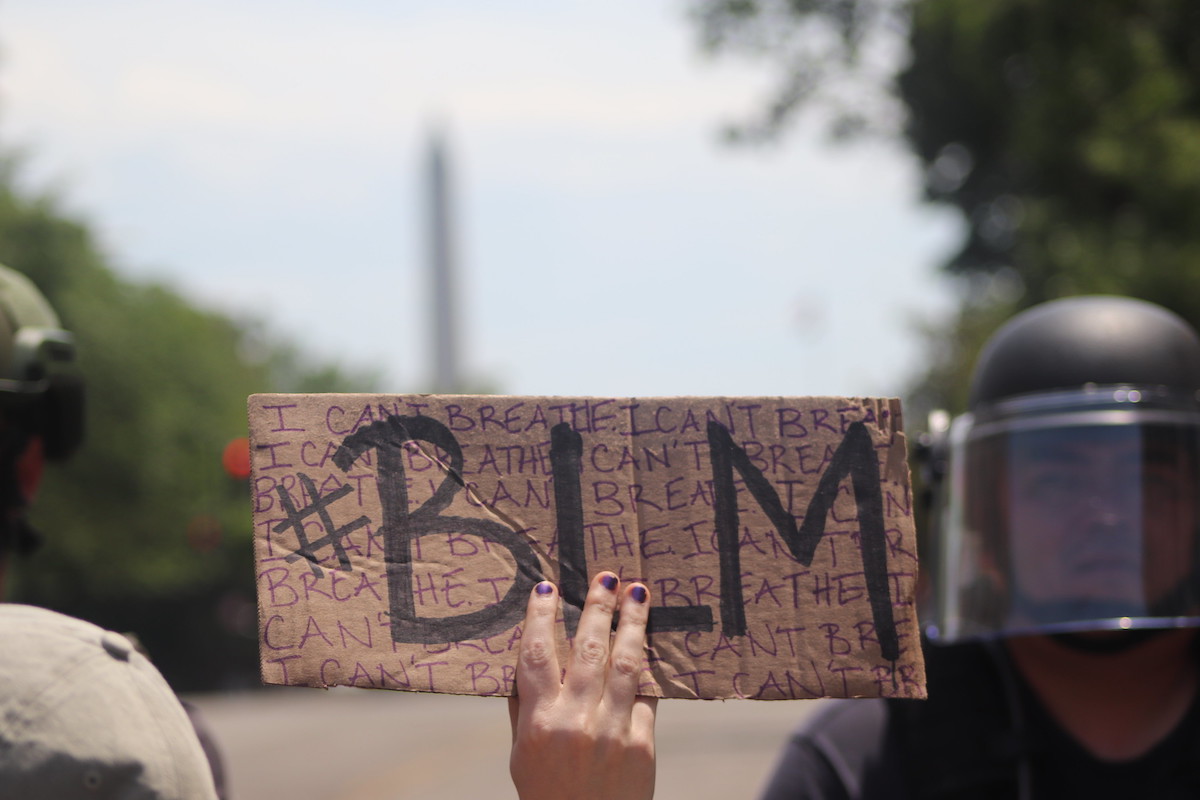The events of recent weeks have illuminated how entrenched anti-Black racism is in our society. We can no longer ignore how systems discriminate against people of colour, especially members of the Black community. We recommend this list of readings about race and racial justice for everyone, but especially for white readers. Our Black peers have fought long enough for justice. It’s now up to all of us to advocate for them and educate ourselves about the fatal consequences of racism. If you’re planning on joining the movement, these textbooks, memoirs, and non-fiction books will help.
Uprooting Racism: How White People Can Work for Racial Justice
by Paul Kivel
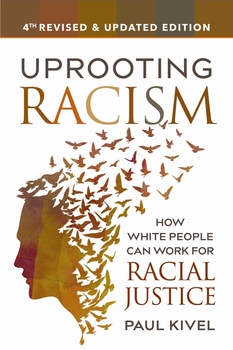
This textbook investigates different kinds of racism and highlights narratives of resistance and solidarity. It offers advice on how white people can become allies for racial justice through courses of actions that support minorities. It also informs readers about the experiences of other cultural groups in the United States, such as Muslims, Jews, Latinx, and multiracial people.
Witnessing Whiteness
by Shelly Tochluk
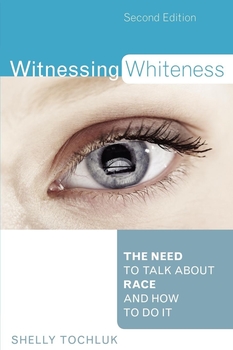
This book helps readers reflect on what it means to be white by tackling the different factors that have influenced our view of whiteness. However, it doesn’t stop there. The book also challenges existing strategies that are used to avoid discussing race and explains the downsides of avoiding cross-race collaboration. If you want to understand how racial discomfort affects a white person’s ability to develop meaningful relationships with people of colour, read this.
Race Talk and the Conspiracy of Silence: Understanding and Facilitating Difficult Dialogues on Race
by Derald Wing Sue
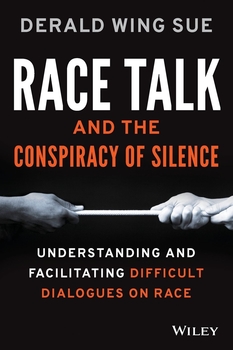
This book details how to have productive conversations about race and identity. Sue does this by deconstructing the challenges and misconceptions of talking about race. Readers are given the tools that will allow them to hold these difficult conversations in a less intimidating way. This book will help you turn discussions into a productive dialogue instead of a debate of whose beliefs matter more.
The Emperor Has No Clothes: Teaching about Race and Racism to People Who Don't Want to Know
by Tema Jon Okun
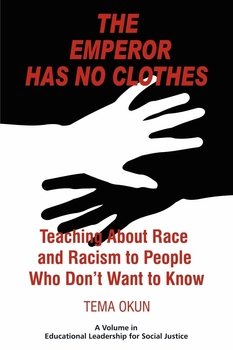
Okun’s textbook is for community leaders and educators who are interested in teaching about racism in a constructive manner. It’s divided into five chapters that tackle different ideologies around white privilege, processes of teaching, the western cultural approach towards race, and much more.
Waking Up White, and Finding Myself in the Story of Race
by Debby Irving
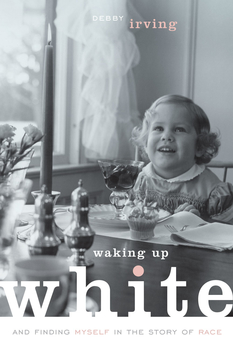
This book is a raw, honest, and sometimes cringe-inducing account of the author’s journey to understand the racism she witnessed as a white woman. With a personal touch, Irving explores how her “well-intentioned” previous views on colorblindness and tolerance actually held up harmful notions about race. By humbling herself for her readers, she shows that anyone can realize the errors of their ways and change for the better.
The New Jim Crow: Mass Incarceration in the Age of Colorblindness
by Michelle Alexander
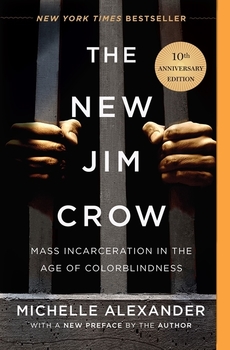
This powerful book educates readers on the history of the Jim Crow laws in the United States and how they relate to the mass incarceration of the country’s Black population. Institutional racism has simply evolved over time, seen in examples like how the government’s War on Drugs initiative has created a modern-day racial caste for Black and Brown citizens.
Towards the Other America: Anti-Racist Resources for White People Taking Action for Black Lives Matter
by Chris Crass
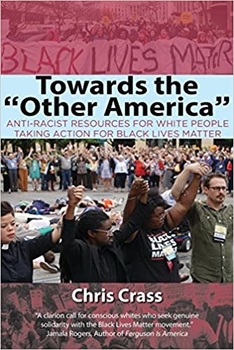
As the title indicates, this book unveils the message behind the Black Lives Matter movement and what it must mean for its white supporters. Crass dedicates the book to white people who hope to rise up against racism, and to those who have only recently become aware of the intolerable impacts and reality of racism in the United States. He argues that we must end white silence and guides us on how to do so.
Understanding White Privilege: Creating Pathways to Authentic Relationships Across Race
by Frances Kendall
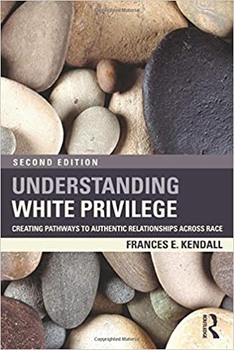
This textbook highlights the ways that race, power, and privilege are present not only in a white person’s day-to-day life, but also in the organizations and institutions that surround them. It challenges readers to acknowledge and reflect on their privileges and use them in a productive way to create effective social change.
How I Shed My Skin: Unlearning the Racist Lessons of a Southern Childhood
by Jim Grimsley
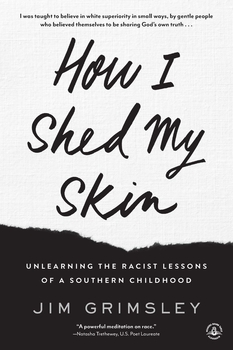
Grimsley’s memoir is an overview of his experiences growing up in North Carolina during the period when schools were desegregated. Over the course of the book, Grimsley examines the ways he was raised to believe that racism was acceptable and commonplace. It offers a unique perspective on coming to terms with one’s racist beliefs.
Everyday White People Confront Racial and Social Injustice: 15 Stories
edited by Eddie Moore Jr., Marguerite W. Penick-Parks, and Ali Michael
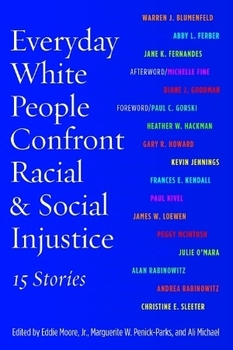
This book is a collection of essays from 15 white anti-racists who have worked for social justice. The writers examine the difficult tension of being an ally while acknowledging that they benefit from white privilege. The book is great for anyone who wants to understand what it is really like to be a white anti-racist who fights for social reform.
Understanding and Dismantling Racism: The Twenty-First Century Challenge to White America
by Joseph Barndt
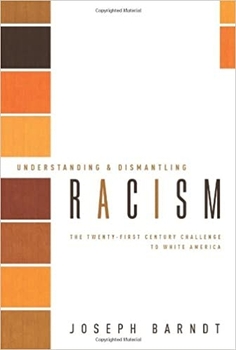
A depiction of the history of racism in the United States, stretching from the time of slavery, to the creation of the Constitution, to now. The text helps readers recognize that racism is alive and well in every system and aspect of life in the West. The author also provides practical ways of identifying and dismantling structures influenced by racism and makes the point that white people must do the job of dismantling the injustice that they began.
White Fragility: Why It's So Hard for White People to Talk About Racism
by Robin DiAngelo
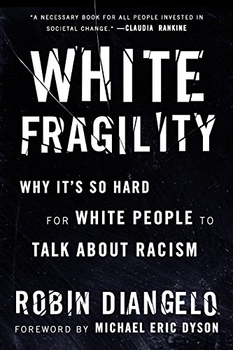
For those who are new to the term, “white fragility” refers to the discomfort and defensive response that most white people experience when challenged on their relationship to race. The book examines how the concept of white fragility has developed over time, and the role it plays in the continuous racial inequality embedded in different systems. DiAngelo breaks down how white fragility manifests itself in different emotions and behaviours that inhibit meaningful progress from being made.


